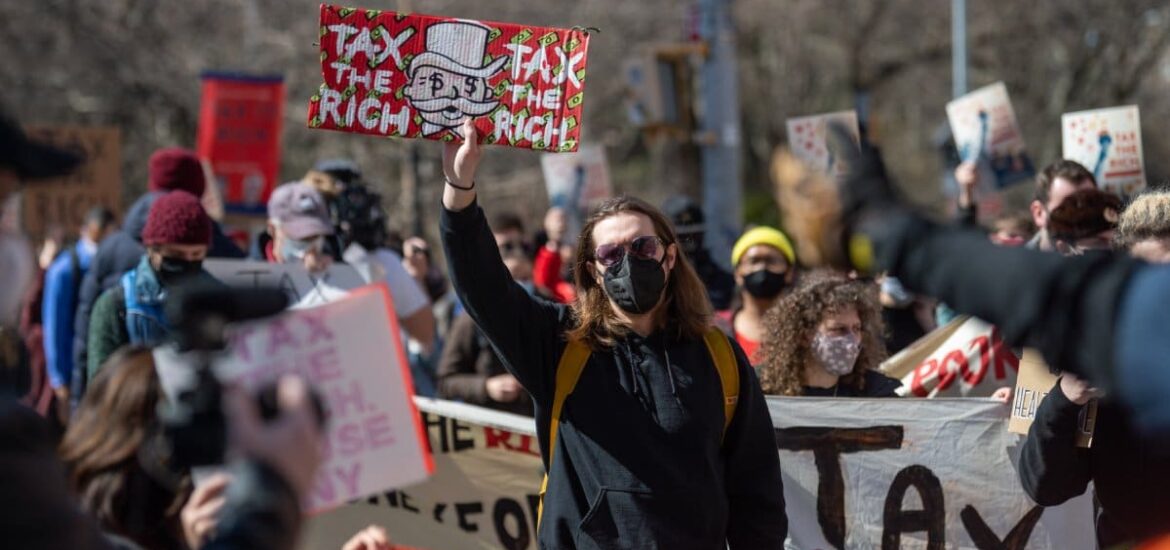During the COVID-19 pandemic, income inequality in the United States worsened, with a significant wealth transfer upwards, as highlighted by the RAND Corporation’s findings of a $50 trillion shift from American workers to the wealthiest since 1975. The World Inequality Report further revealed that billionaires now own a record 3.5% of global household wealth, exacerbating economic disparities and raising urgent calls for policy interventions to address the growing wealth gap.
The Root of the Problem

The United States entered the COVID-19 pandemic with systemic issues, including a weakened public health infrastructure and an employer-based health insurance system ill-suited for the crisis, with extreme income inequality being a significant hurdle when faced with a global pandemic.
An Important Paper

To fully understand how bad income equality was before the pandemic, we have to look at the RAND Corporation’s paper by Carter C. Price and Kathryn Edwards, which explains the economic cost of rising inequality since 1975.
$50 Trillion Moving Up

In their paper, Price and Edwards show that between 1975 and 2018 staggering $50 trillion had been redirected from American workers to the wealthiest, affecting the nation’s economy and individual financial security.
It Gets Worse

$50 trillion may sound like a lot, and it most definitely is, but the problem has only worsened since the COVID pandemic began.
A Record Increase
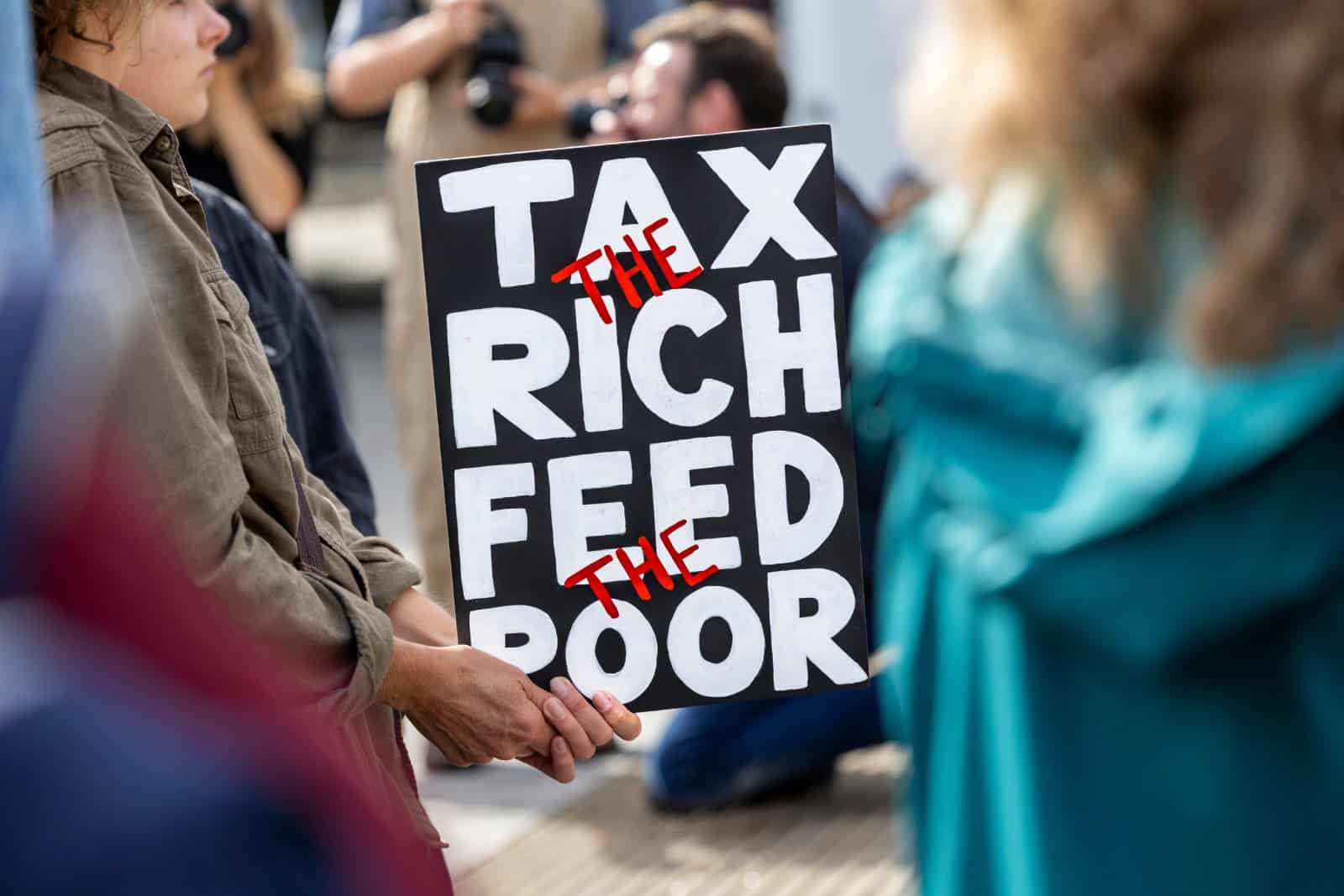
The World Inequality Report found that billionaires now collectively own 3.5% of global household wealth, up from slightly more than 2% at the pandemic’s start, marking a record increase in the share of wealth owned by the world’s richest.
A One Percent Increase

If we look at the top 0.01% of the richest adults globally, a group of around 520,000 people, their wealth increased wealth to 11% of global wealth, up from 10% the previous year, indicating a growing concentration of wealth.
Different Demographics
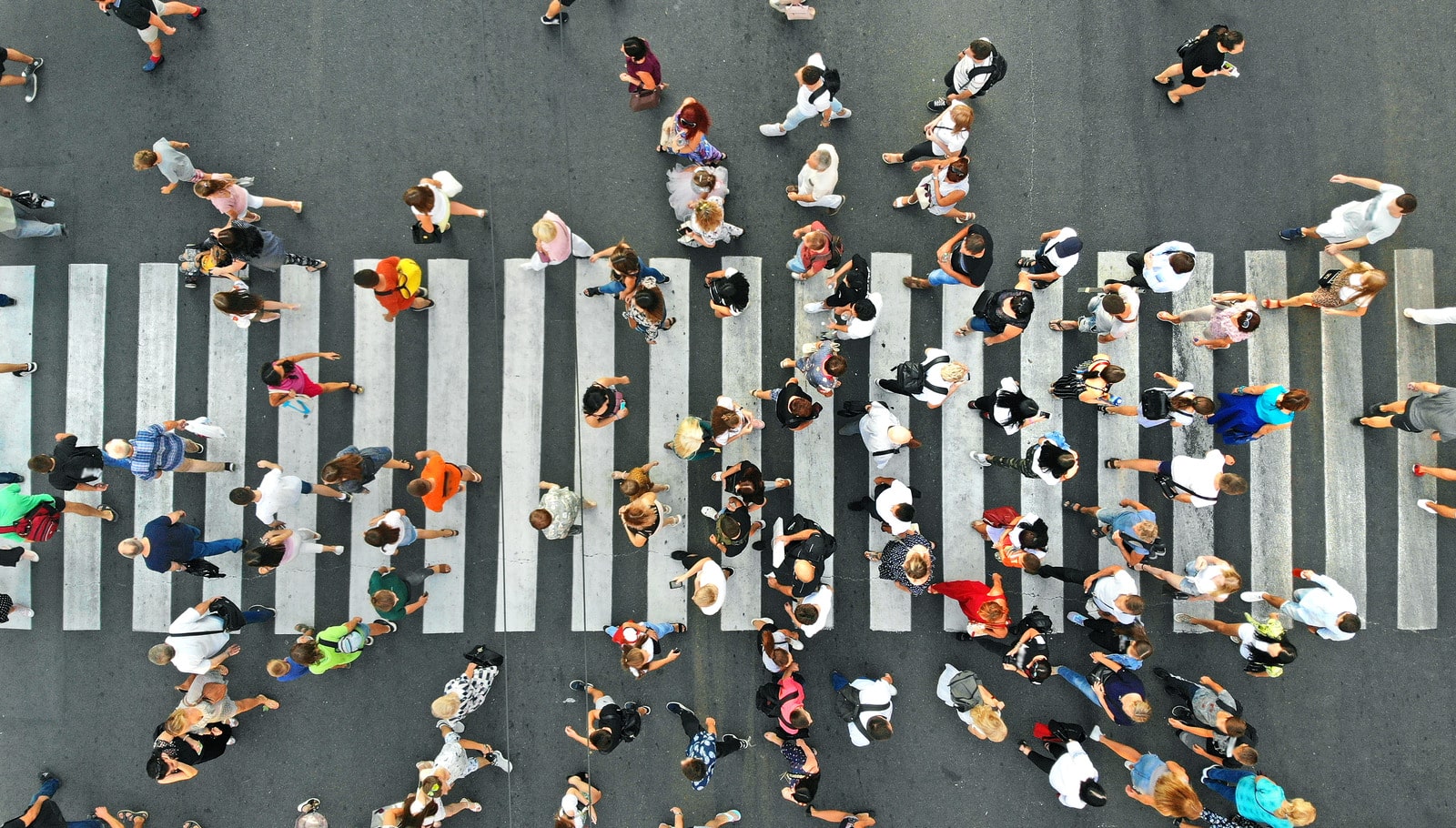
With this massive transference of wealth, it is important to understand how this inequity is spread out through different demographics in America.
Location Location

Despite economic challenges, baby boomers have accumulated significant real estate wealth, holding 41.6% of America’s real estate wealth.
$19 Trillion for Boomers

Currently, the real estate value held by baby boomers is estimated to be nearly $19 trillion, with a substantial portion acquired during the pandemic.
Millennial Money

Millennials currently own a minor portion of America’s real estate wealth but are expected to inherit trillions from their baby boomer parents, potentially altering the landscape of real estate ownership and wealth inequality.
Rising Mortgage Rates
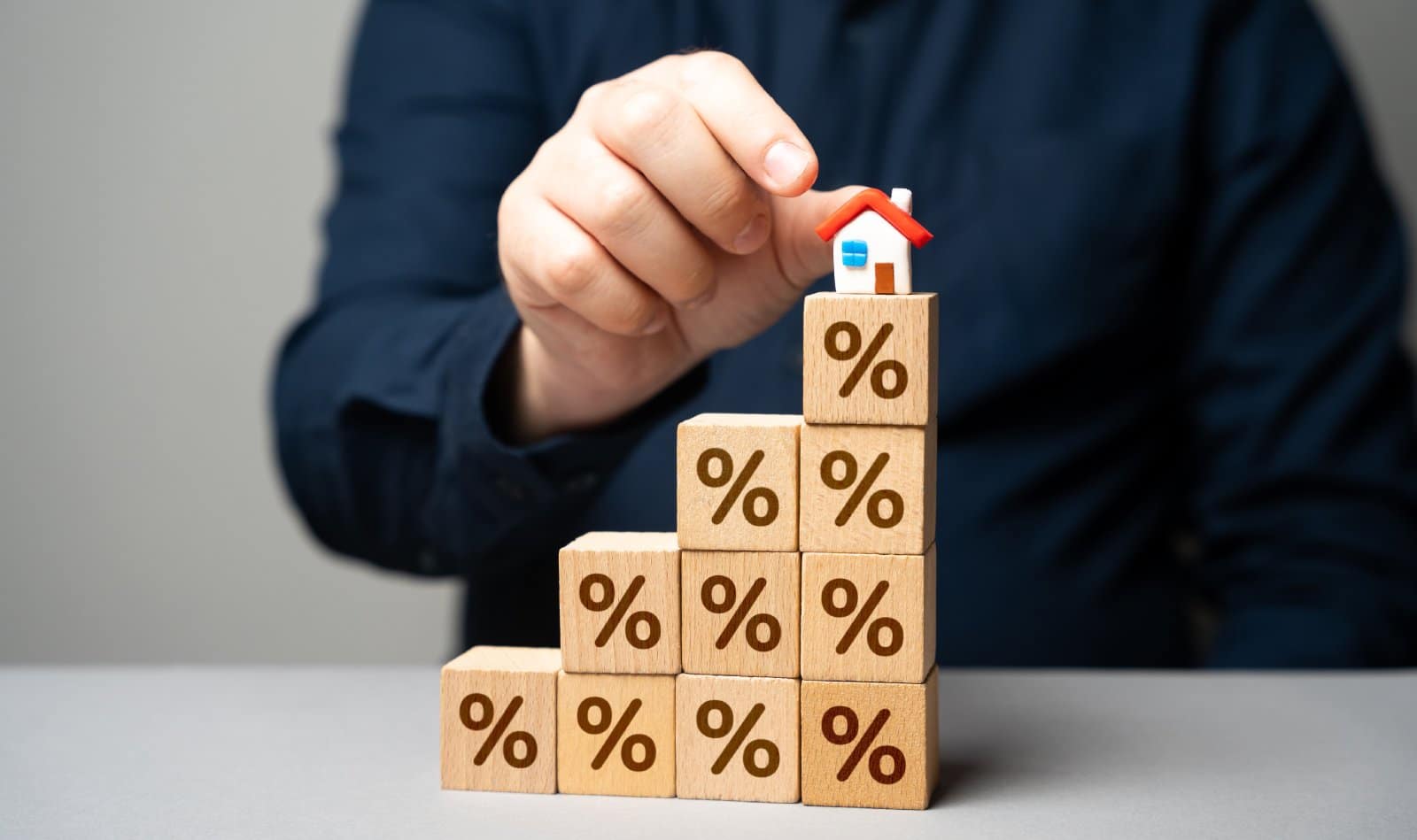
The difficulties younger generations face in buying homes are attributed to rising mortgage rates, low supply, and other economic factors, with only 28% of homebuyers in 2023 being millennials, down from 43% the year before.
Not Just Real Estate
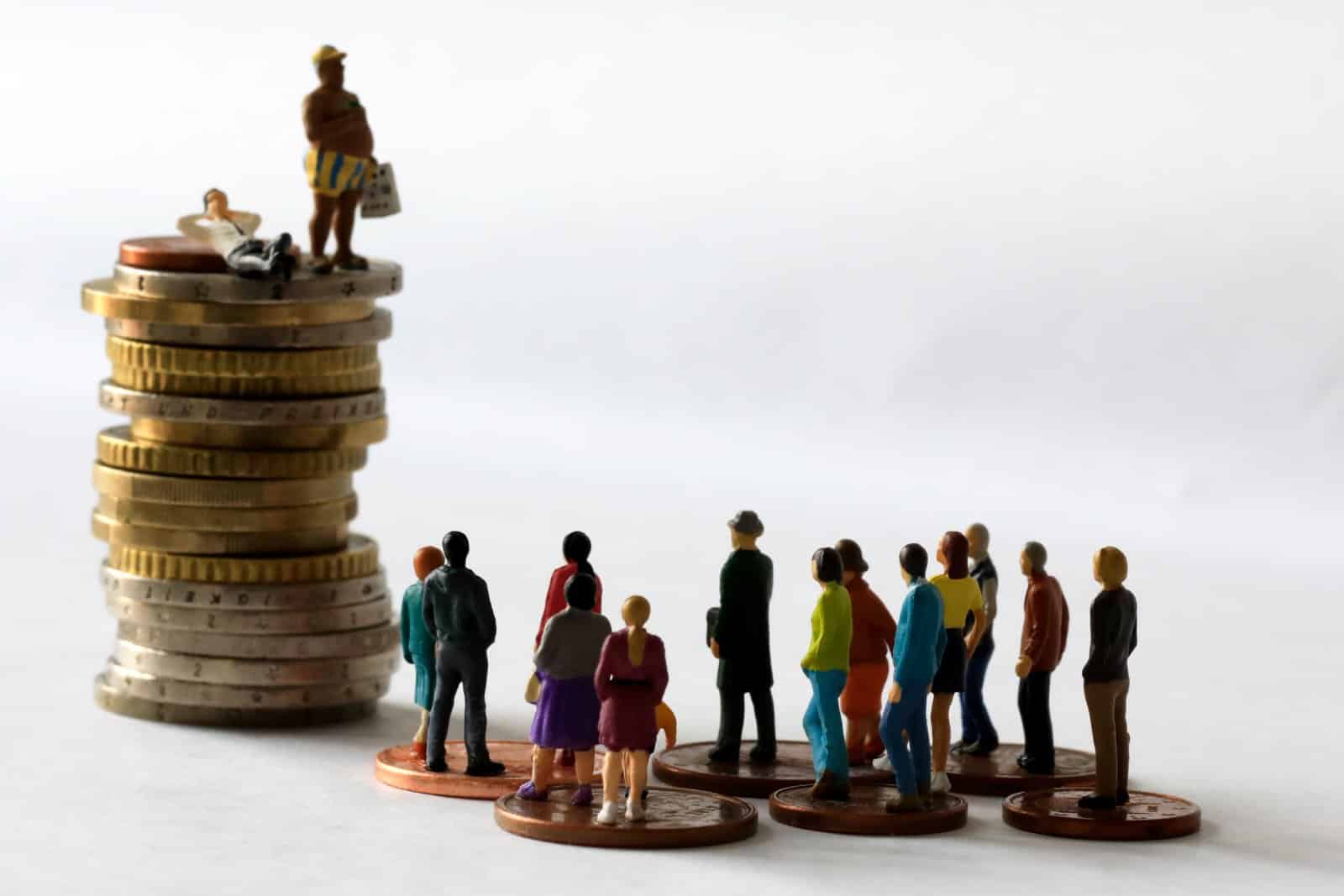
The wealth gap is not limited to real estate; baby boomers have amassed $77.55 trillion in wealth, with substantial amounts in stocks, mutual funds, and business assets.
$57 Trillion Less

While boomers hold $77.55 trillion across diverse assets, millennials have over $20 trillion in assets, with a much smaller portion in stocks.
Increased Inequality
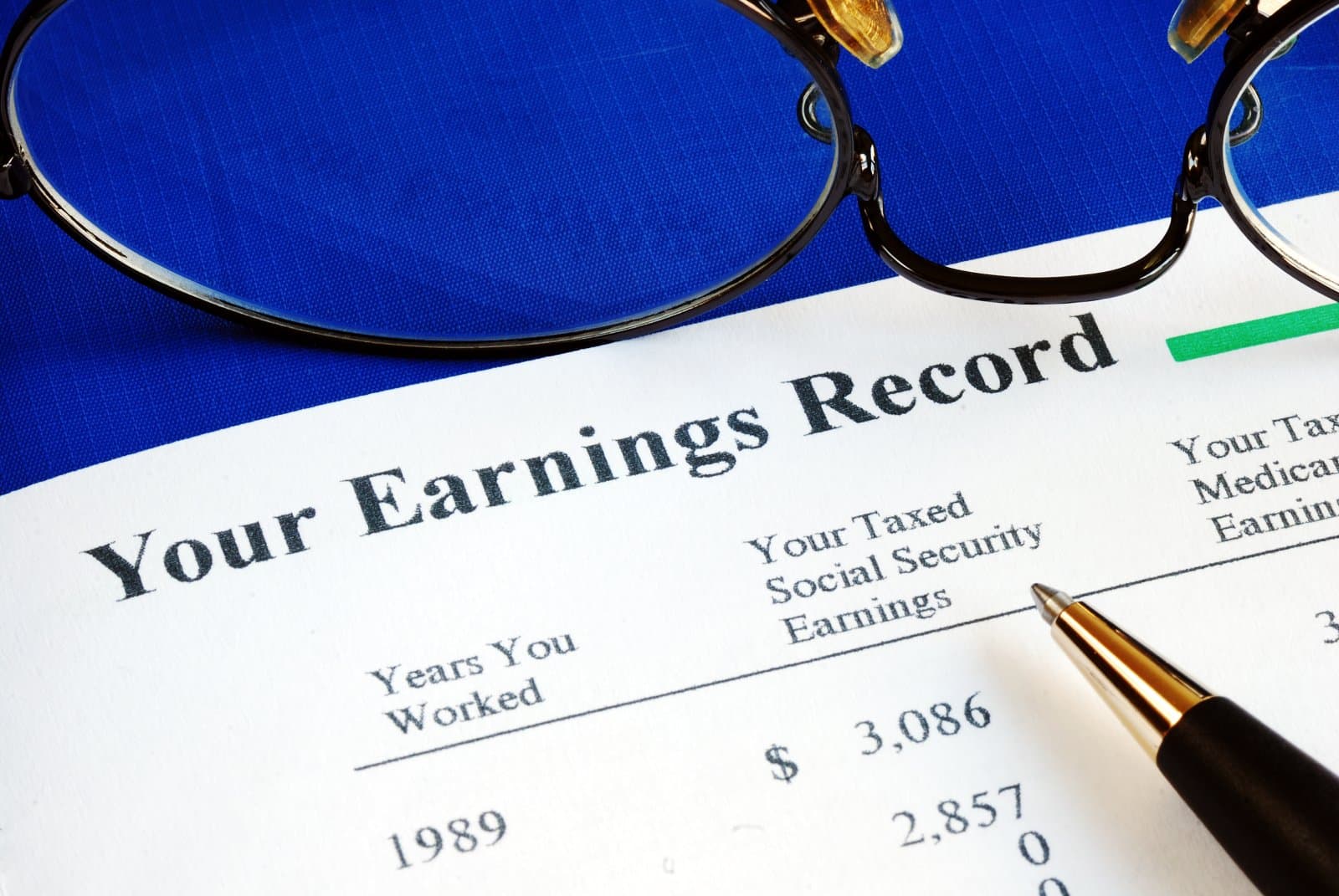
The COVID-19 pandemic exacerbated existing inequalities, with the very wealthy becoming wealthier, as evidenced by Forbes’ record-breaking billionaire’s list with 2,755 billionaires having a combined worth of $13.1 trillion, up from $8 trillion the previous year.
Government Impacts

As much as the lower class felt the impact of the pandemic in wealthier countries in Europe and America, for many countries without government policies in place to fight inequality, the problem was much worse.
Mitigating the Cost
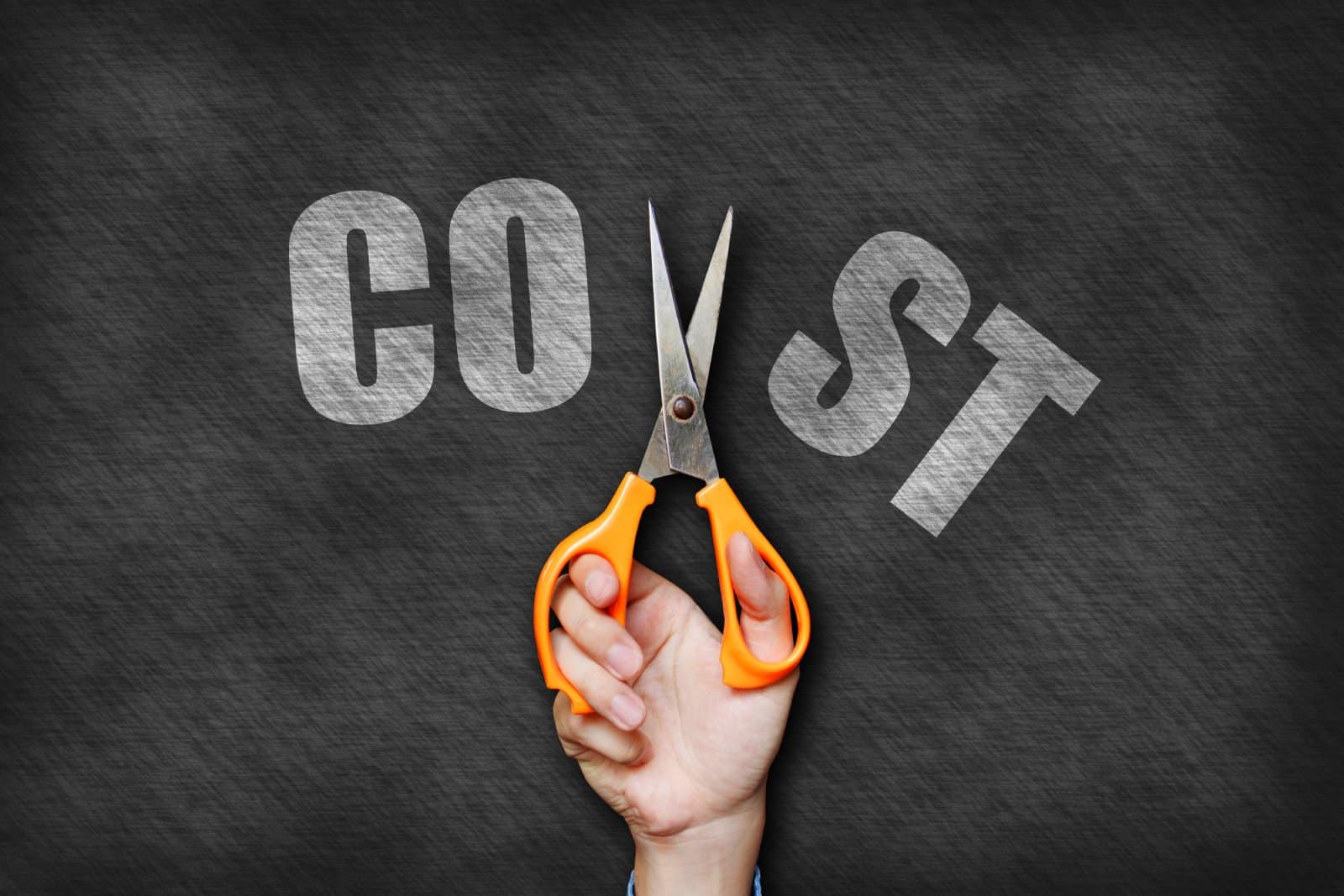
Government support in wealthy economies helped mitigate the impact of the pandemic on lower earners, highlighting the importance of social states in combating poverty and the role of fiscal policies in addressing inequality.
Global Taxes
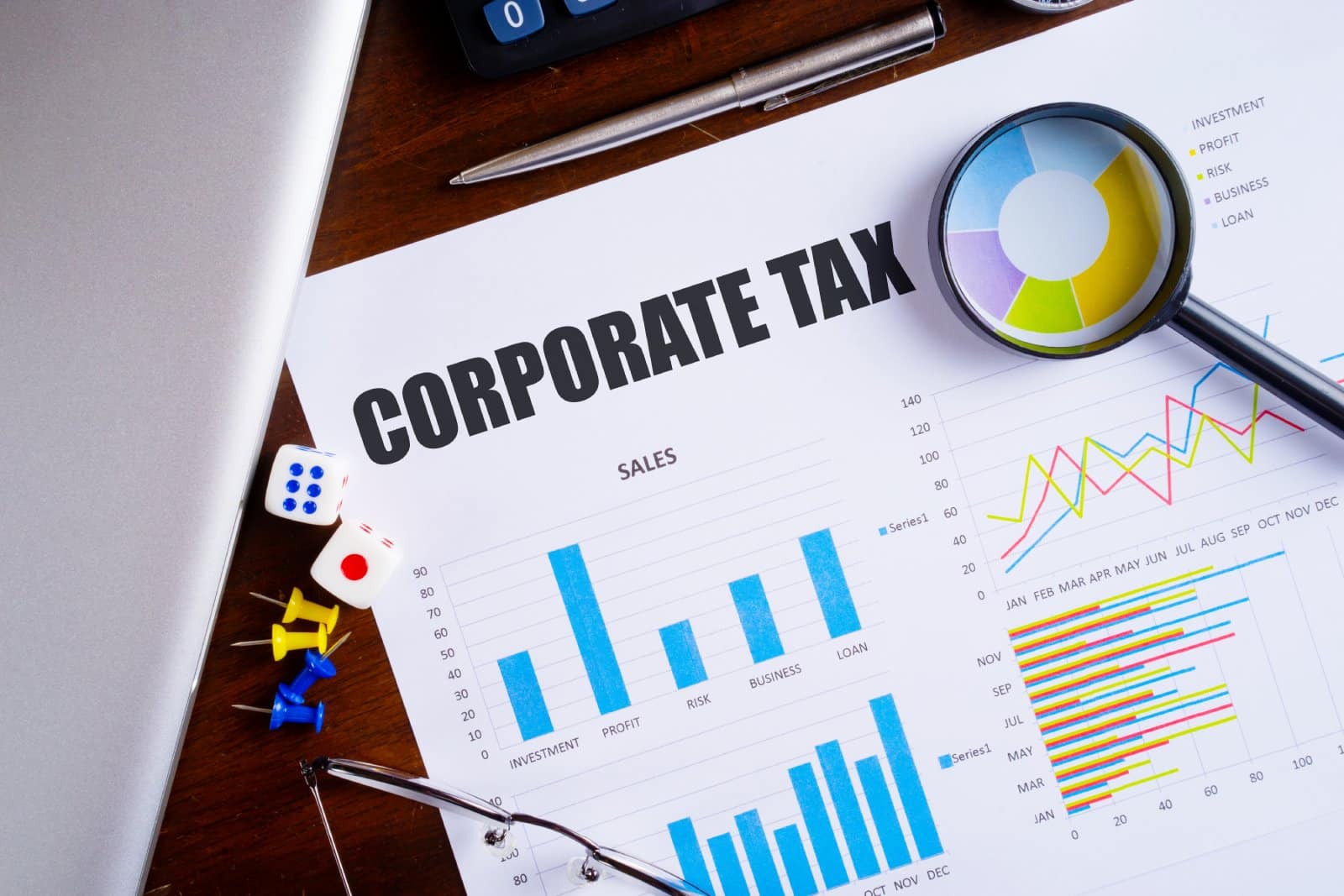
However, there has been some effort to mitigate international wealth inequality and exploitation with a global minimum corporation tax rate agreement of 15%.
This has been seen as a potential milestone in efforts to halt a “race to the bottom” in company tax rates.
Receiving Criticisms
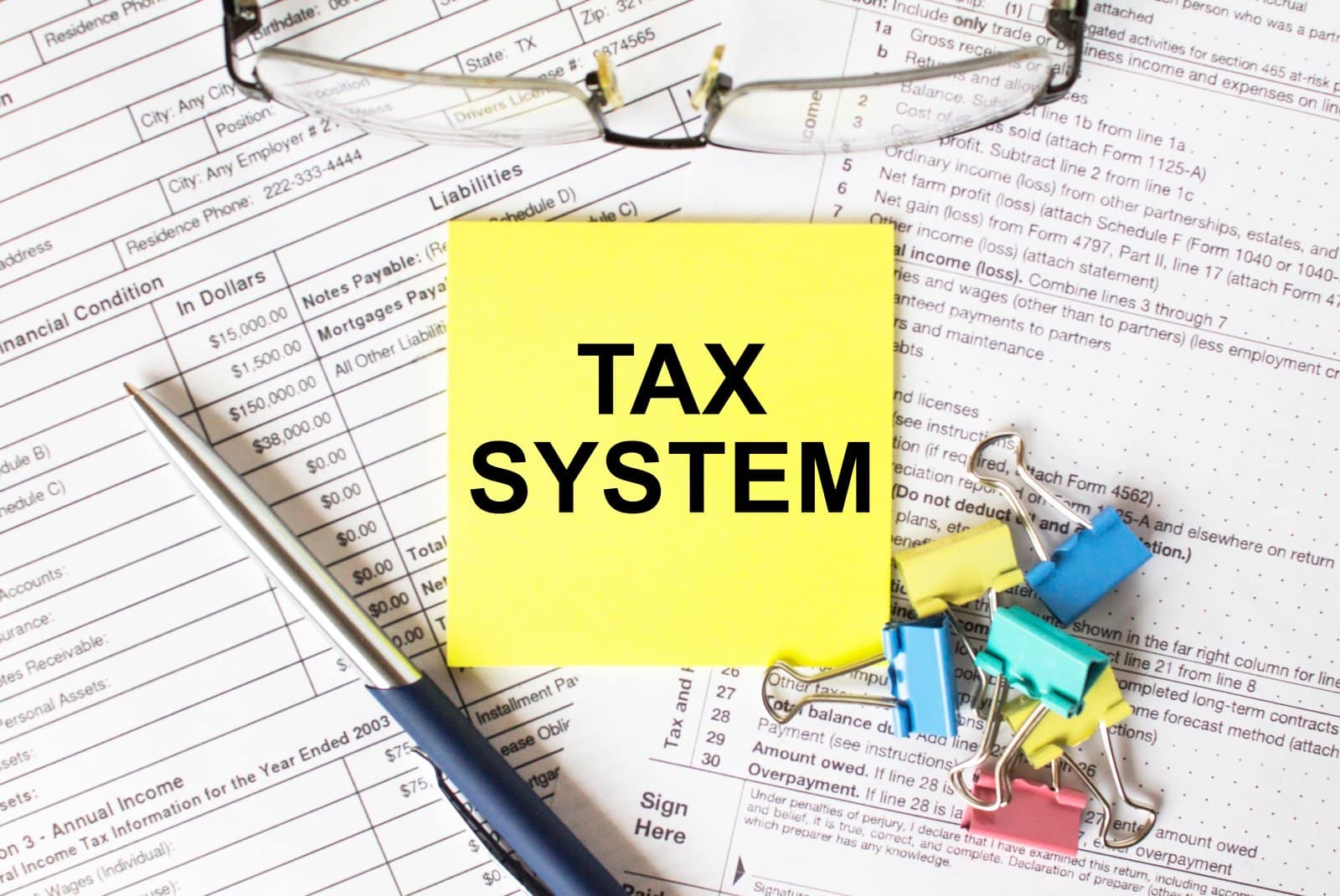
Unfortunately, the global minimum tax has been criticized for being lower than average-earner rates in high-income countries and allowing many exceptions.
Raising Concerns

The RAND report’s findings, alongside the World Inequality Report, indicate a radical shift in wealth distribution exacerbated by the pandemic, with the wealthiest individuals becoming even wealthier, raising concerns about the future of economic inequality across the globe.
Possible Policy Responses

Discussions about addressing growing inequality involve the need for fiscal support to reduce poverty’s impact and potential reforms to narrow the wealth gap and distribute resources more equitably.
However, when those who are wealthy shape policies that contribute to this situation, there’s no guarantee the problem will be adequately addressed.
Biden’s New 401(k) Rule: Employers Frustrated as Retirement Planning Responsibilities Shift
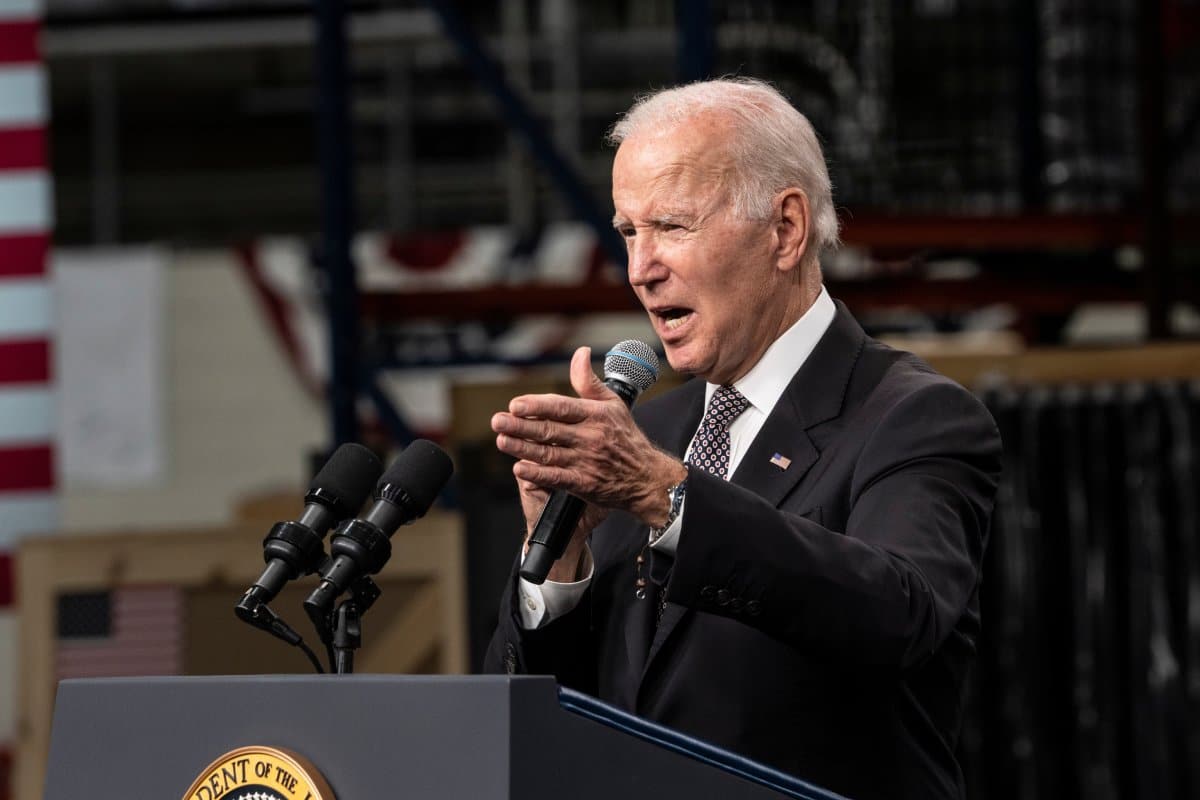
The latest Biden administration rule on 401(k) plans is reshaping how employers manage retirement plans. It’s a complex scenario requiring a fresh understanding of fiduciary duties and provider relationships. This rule aims to protect employees but also imposes new responsibilities on employers. Biden’s New 401(k) Rule: Employers Frustrated as Retirement Planning Responsibilities Shift
Elon Musk: New Immigration Bill ‘Enables Illegals to Vote’

Elon Musk is calling for prosecutions after the text for a new senate bill on immigration was released. Musk accused the new bill of “enabling illegals to vote.” Elon Musk: New Immigration Bill ‘Enables Illegals to Vote’
Colorado Officials Reject Sanctuary City Status, Warn Against ‘Dangerous Game’

With increasing numbers of migrants arriving in Colorado, public officials have rejected any notion of the state becoming a sanctuary for migrants and asylum seekers. Colorado Officials Reject Sanctuary City Status, Warn Against ‘Dangerous Game’
Disney Challenges DeSantis’ “Don’t Say Gay” Rule With a Hefty Lawsuit

Disney is set to appeal its refusal for a lawsuit against Ron DeSantis, who stripped the company of its rights for disagreeing with the Governor’s views on the teaching of sexual orientation in classrooms. Disney Challenges DeSantis’ “Don’t Say Gay” Rule With a Hefty Lawsuit
Trump on the Attack as 21 Million Americans Flock to Obamacare, Biden Pushes Forward
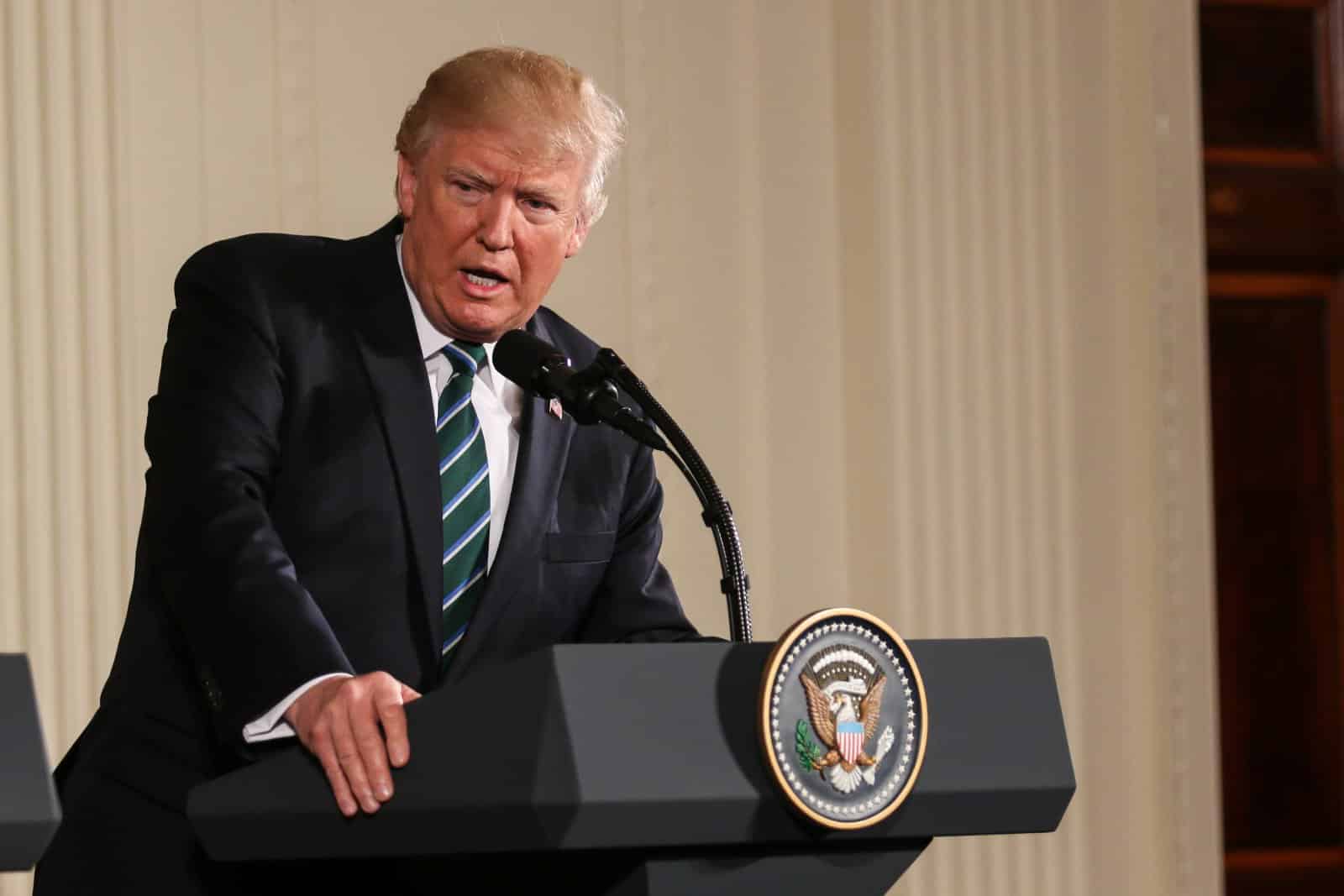
An unprecedented surge in health plan enrollments has reignited former President Donald Trump’s commitment to dismantling the program should he secure the GOP nomination once again. Trump on the Attack as 21 Million Americans Flock to Obamacare, Biden Pushes Forward
The post How The Top 1% Used COVID to Get $50 Trillion Richer While the Rest of Us Continue to Suffer first appeared on From Frugal to Free.
Featured Image Credit: Shutterstock / AlexiRosenfeld.
The content of this article is for informational purposes only and does not constitute or replace professional financial advice.
